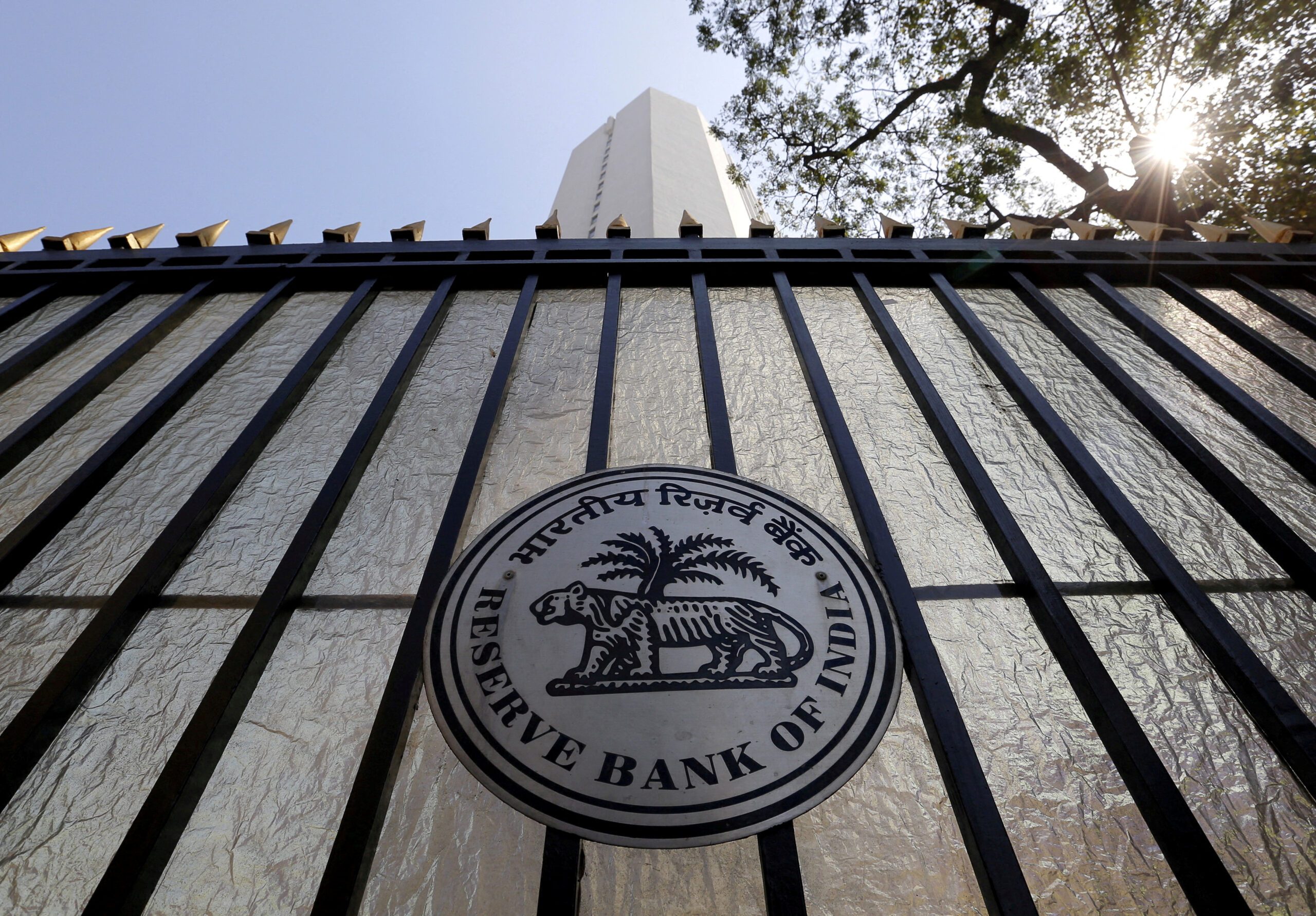Citigroup trounced market estimates for first-quarter profit on Thursday as the third-largest U.S. lender released reserves set aside for loan losses from the pandemic, while disclosing plans to exit some overseas consumer units.
The divestment comes as Jane Fraser, who took charge as chief executive officer on March 1, tries to turn Citigroup from a banking industry laggard hobbled by poor risk and control systems into a competitively profitable organization.
The move in markets across the Asia and EMEA regions will see the bank exit consumer businesses in countries like Australia, China and India.
“While the…13 markets have excellent businesses, we don’t have the scale we need to compete,” Fraser said in a statement.
“We believe our capital, investment dollars and other resources are better deployed against higher returning opportunities in wealth management and our institutional businesses in Asia.”
The Institutional Clients Group will continue to offer services to clients and will continue to operate “wealth centers” in Singapore and Hong Kong, as well as London and the United Arab Emirates. The bank gave no time frame for the exits.
Like other large Wall Street banks, Citi benefited from a boom in capital markets activity in the quarter, but felt the impact of cash-flush consumers paying off loans and using debit cards more for purchases.
“As elsewhere, trading and banking were a bit stronger than expected and net interest income a bit weaker but it was basically all pretty close to expectations,” Oppenheimer analyst Chris Kotowski said in a note to clients.
Net interest revenue, the difference between interest the bank earns and what it pays on deposits and borrowings, was $10.17 billion, down 12% from a year earlier.
Total revenue fell 7% to $19.3 billion on low interest rates and a 10% decline in loans, largely due to lower consumer credit card loan balances.
Overall card purchase sales were up 1%, even as total card revenue fell 18%.
JPMorgan Chase & Co said on Wednesday spending on its consumer debit and credit cards together rose 9% from a year earlier.
Partially offsetting the drag from interest revenue, investment banking revenue at Citigroup surged 46% on stronger equity underwriting fees. The bank has been a Wall Street leader in raising money for the so-called blank-check firms or special purpose acquisition companies.
(Reuters)





